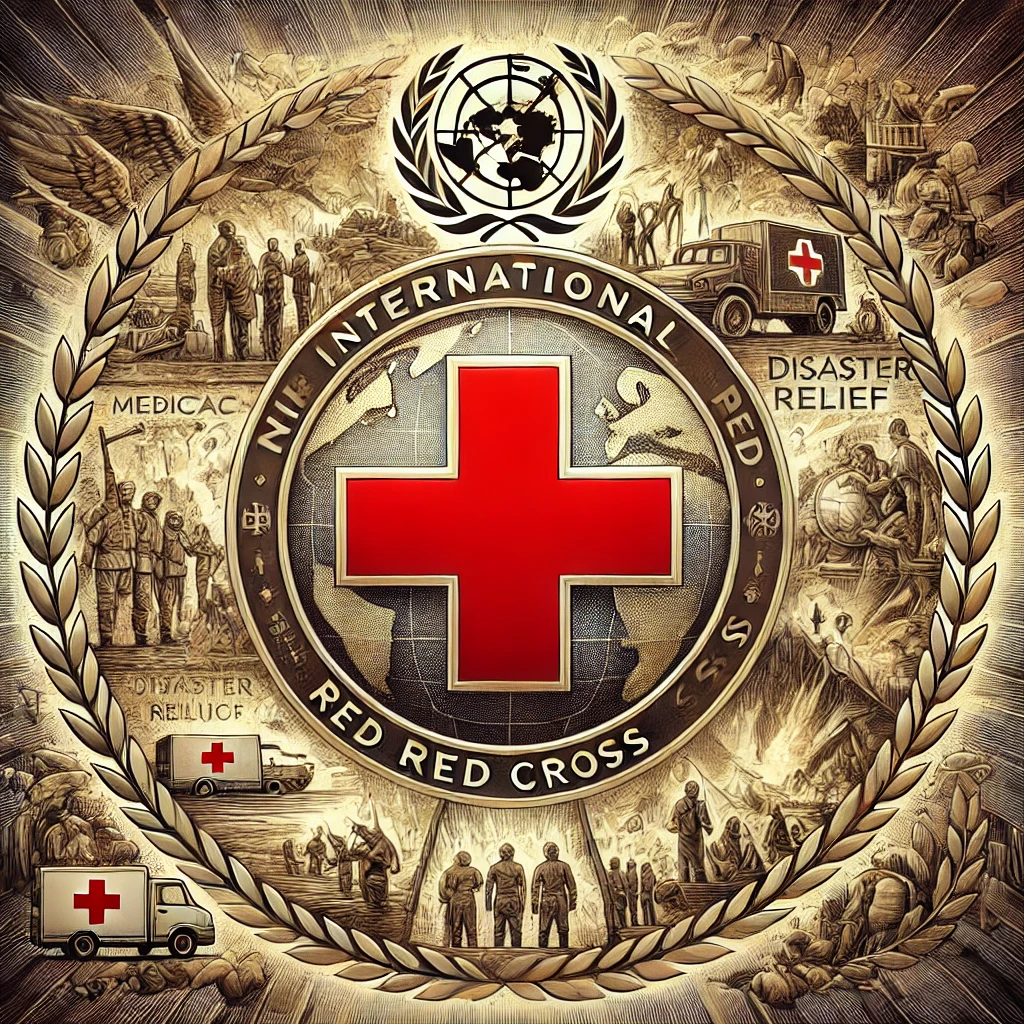On August 22, 1864, the International Red Cross was officially founded, marking a seminal moment in the history of humanitarian aid and international cooperation. The foundation of the Red Cross was initiated by the Geneva Convention, which aimed to provide a framework for the protection and care of wounded soldiers and civilians during armed conflicts. This historic event was driven by the efforts of Henry Dunant, a Swiss businessman and philanthropist, who was deeply moved by the suffering he witnessed during the Battle of Solferino in 1859.
Dunant’s experiences and advocacy led to the establishment of the International Committee of the Red Cross (ICRC), which was tasked with providing neutral and impartial aid to those affected by war and disaster. The founding principles of the Red Cross emphasized humanitarianism, neutrality, and impartiality, setting the stage for the organization’s future work and its role in the global humanitarian landscape.

The Red Cross and Its Mission
The International Red Cross was created with a mission to alleviate human suffering, protect life and health, and uphold human dignity in times of conflict and disaster. The organization operates based on the fundamental principles of neutrality, impartiality, independence, voluntary service, unity, and universality. These principles guide the Red Cross in its efforts to provide aid and support to those in need, regardless of their nationality, race, religion, or political affiliation.
Since its founding, the Red Cross has played a crucial role in various humanitarian crises around the world. The organization has been involved in providing medical care, disaster relief, and support to refugees and displaced persons. The Red Cross also engages in advocacy efforts to promote international humanitarian law and to raise awareness of issues related to human rights and humanitarian crises.

Legacy and Global Impact
The establishment of the International Red Cross in 1864 laid the foundation for a global movement dedicated to humanitarian work and international cooperation. The organization has grown to become a prominent and influential force in the field of humanitarian aid, with national Red Cross and Red Crescent societies established in countries around the world. The Red Cross’s impact extends beyond emergency response, encompassing long-term development projects, health initiatives, and advocacy efforts.
The legacy of the International Red Cross is reflected in its continued commitment to addressing the needs of vulnerable populations and upholding the principles of humanitarianism. The organization’s work has inspired countless individuals and institutions to support humanitarian causes and to contribute to efforts aimed at alleviating suffering and promoting human dignity.

August 22, 1864, remains a significant date in the history of humanitarian aid, marking the founding of an organization that has had a profound and lasting impact on the world. The International Red Cross’s dedication to providing aid and support in times of crisis exemplifies the power of collective action and the enduring importance of humanitarian principles in addressing global challenges.
